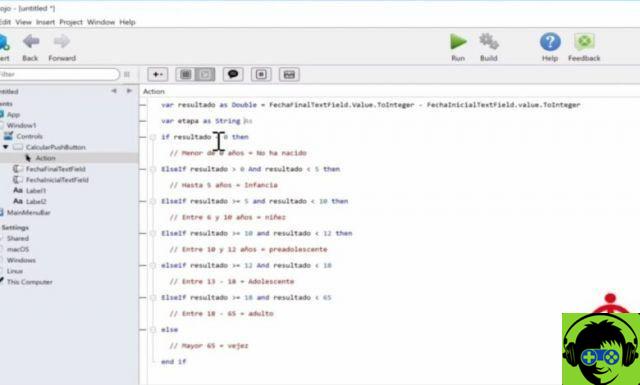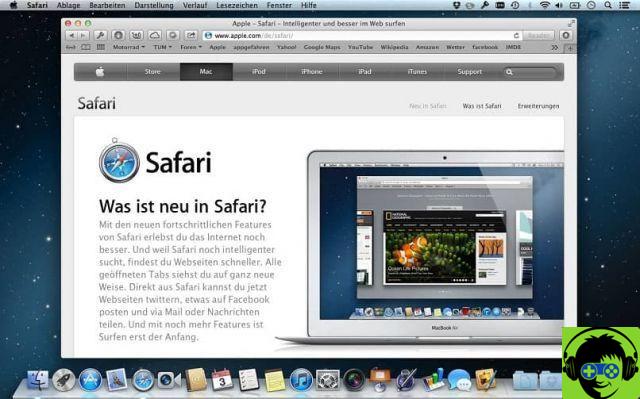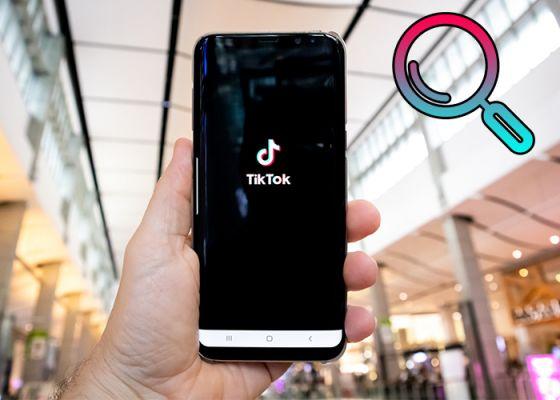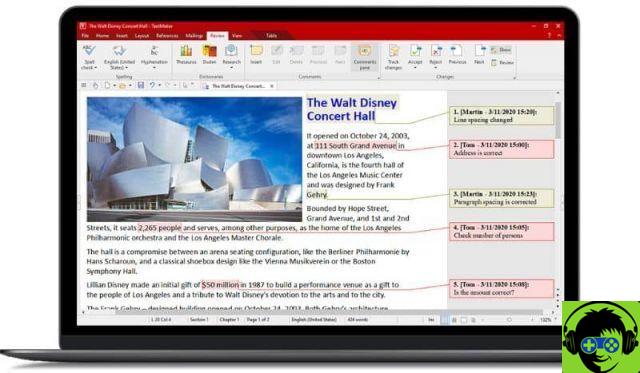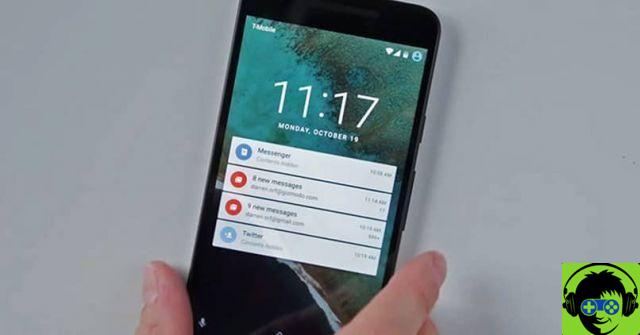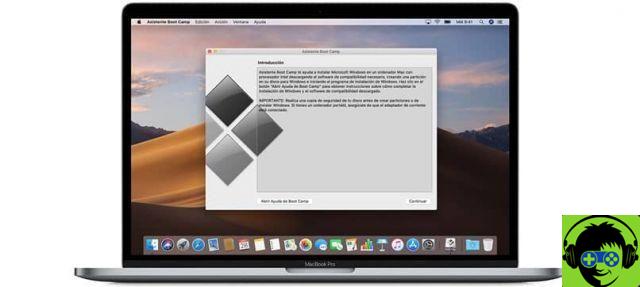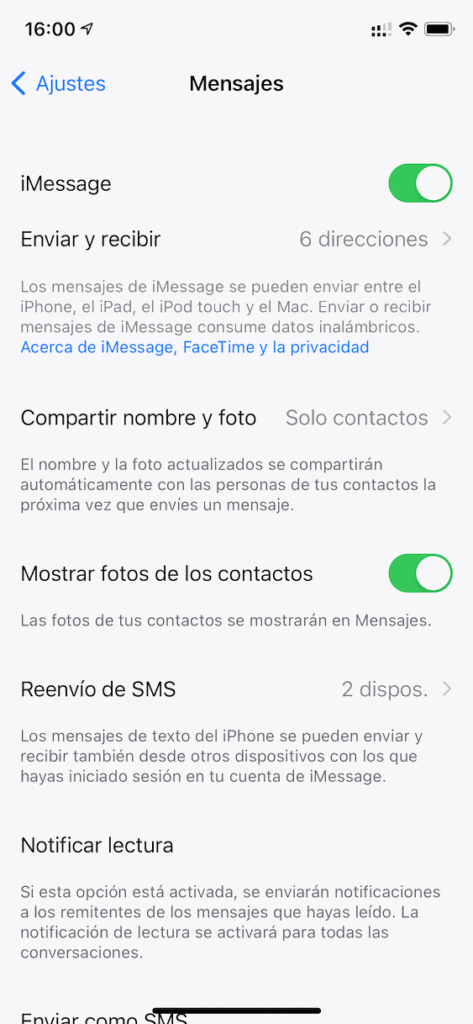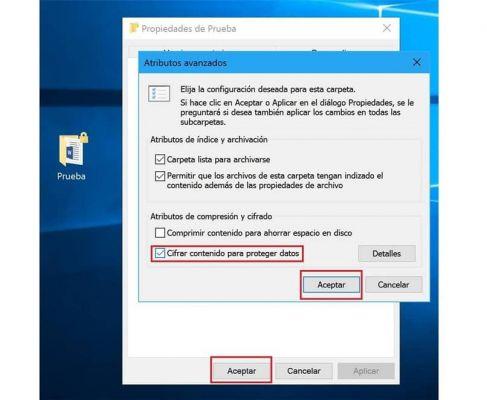Zoom has made headlines in recent weeks with its security problems, design flaws "without malicious intent" (even the FBI has recommended schools and companies to stop using it, since some conferences are routed through servers in China) .
Another alternative, given its popularity, would be to use Facebook Messenger, everyone's favorite spy application. But… well, it's a spy app.
Fortunately, the technology allows many other companies to develop alternative solutions and, at least until proven otherwise, without the ambiguities of those mentioned.
Today we will deal with two relatively unknown solutions, but which offer what many people need: an easy way to connect with others and a certain security of not being unknowingly exhausted.
Of course there are other perfectly valid options, like FaceTime (but it's only available between iOS devices) which is my favorite, both for picture and sound quality and for integration with operating systems. It's a shame Apple didn't make it, as Steve Jobs said when he introduced it, open source so many other companies would have adopted this standard.
Microsoft also has its own video conferencing programs, such as Teams and, of course, Skype.
Google also has its contribution (but you have to trust Google and its understanding of privacy, which is increasingly difficult) with Hangouts.
And another myriad of well-known applications aimed at different sectors: Cisco WebEx, TeamViewer, GoToMeeting…
House party
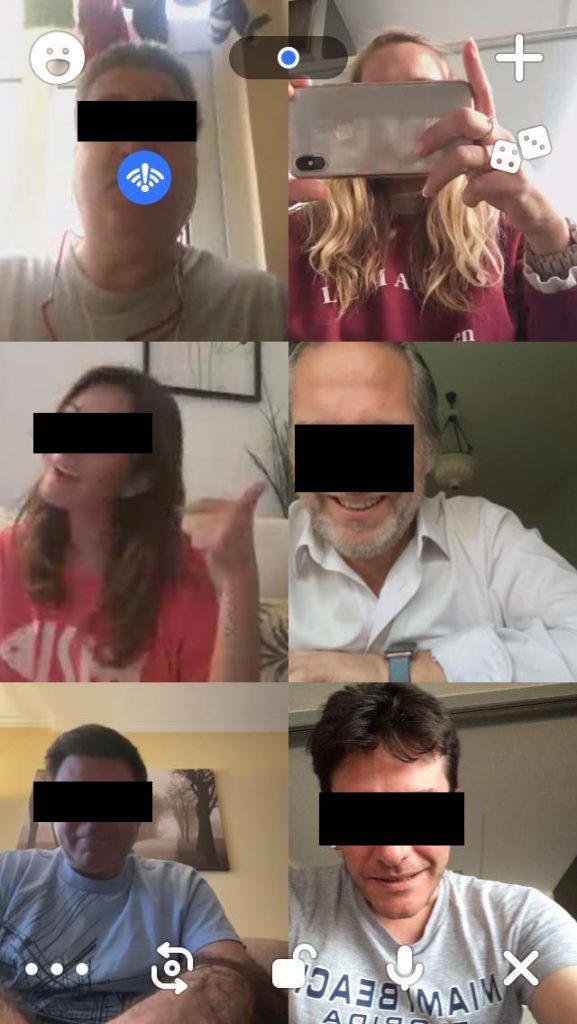
The hot video conferencing app has even been recommended in Apple's newsletter and its popularity is spreading like wildfire.
Although its way of working is a bit opaque, it follows a common pattern: you have to register and give access to your contacts to find those who are already using the app.
It admits up to eight people in the same room and, when someone is connected, appears in the 'resources' list, so you can invite them to the videoconference on the go.
In the tests I have done, the image quality is not very noticeable and the reaction to one or the other speaking is not immediate, which often causes one to step on the other when speaking.
But it is a free cross-platform application (OS and Android) that works well, and is about to become standard, as happened with WhatsApp.
A few weeks ago the rumor that HouseParty had been hacked and that user data were stolen. HouseParty not only denied the fact but offered a € 1 million reward to anyone who provides evidence of the origin of the rumor (they claim it is funded by a competitor).
HouseParty sull'App Store
Jitsi meet
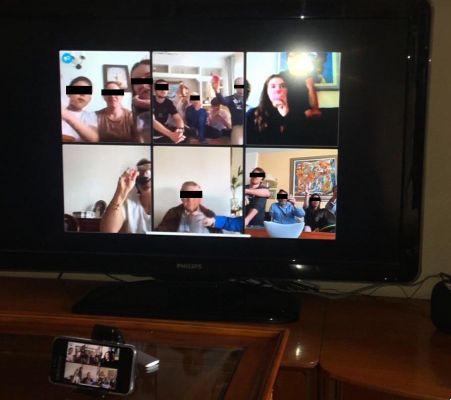
An open source videoconferencing system, which means that there are many people who "observe" possible security holes.
The best thing about Jitsi is that no registration is required. Simply create a room, give the name and password to the people you want to invite, and that's it.
It has no limit on the number of users who can join a meeting, nor is there a time limit. The disadvantage I found is that once the number of spaces visible on the screen is exceeded, instead of reducing proportionally so that everyone is in view, it continues to show faces off the screen, so you have to scroll «To see all.
Once a room has been created, it has already been created on the device, so you can use it anytime you want for video conferencing with the same people.
As an open source system, it has two extremes: regular conferences aren't encrypted, but it allows you to build your own video conferencing server for maximum security.
It is free and cross-platform. You can download it from the App Store or Google Play.
Jitsi.org











